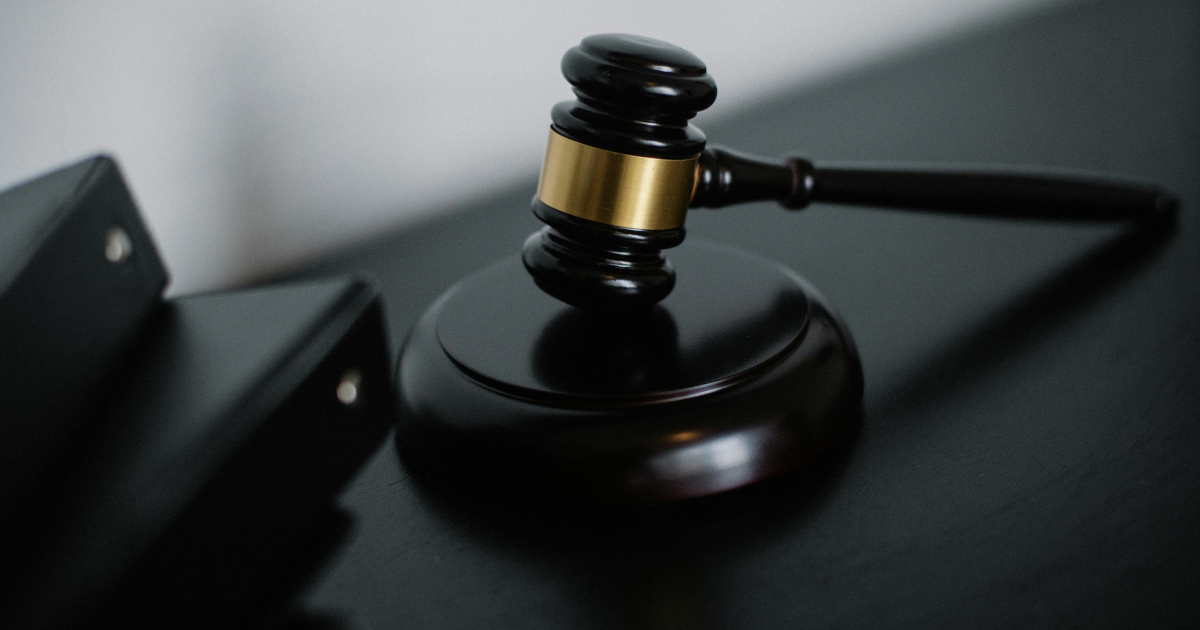
The U.S. Court of Appeals for the D.C. Circuit has affirmed a critical principle in copyright law: only works created by humans are eligible for copyright protection. The landmark ruling upheld the U.S. Copyright Office’s decision to deny copyright registration to an artwork autonomously generated by an artificial intelligence system.
The court’s decision hinges on a fundamental interpretation of the Copyright Act, specifically focusing on the term ‘author’ as presuming a human creator. This ruling carries significant implications for content creators, technology companies, and intellectual property professionals who are increasingly integrating artificial intelligence into creative processes.
J. Baron Lesperance, founding attorney at [The Patent Baron](https://www.patentbaron.com/), emphasized the ruling’s importance, noting that while AI can be a powerful creative tool, human authorship remains central to copyright protection. The decision provides essential clarity on the boundaries of intellectual property rights in an era of rapid technological advancement.
For entrepreneurs, startups, and authors leveraging AI technologies, the ruling underscores the necessity of maintaining substantial human creative input in their work. Merely using AI as a generative tool does not automatically disqualify a work from copyright protection, but human creative direction must be demonstrably present.
As artificial intelligence continues to evolve and become more sophisticated in content generation, this judicial interpretation establishes a critical precedent. It signals that technological innovation must still respect the fundamental legal principle of human creative agency in intellectual property law.

This news story relied on a press release distributed by 24-7 Press Release. Blockchain Registration, Verification & Enhancement provided by NewsRamp™. The source URL for this press release is D.C. Circuit Ruling Reinforces Human Authorship in Copyright Law.